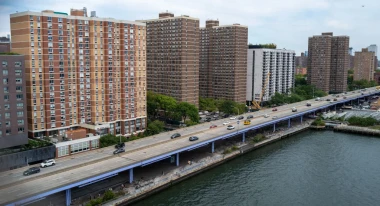Landlords should have to pay income tax on their rental properties regardless of whether they're rented out or not. ( gothamist.com )
cross-posted from: lemmy.crimedad.work/post/12162
Why? Because apparently they need some more incentive to keep units occupied. Also, even though a property might be vacant, there’s still imputed rental income there. Its owner is just receiving it in the form of enjoying the unit for himself instead of receiving an actual rent check from a tenant. That imputed rent ought to be taxed like any other income.
